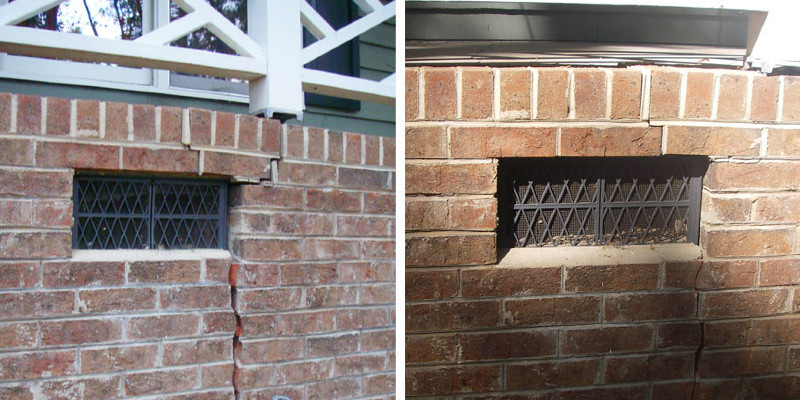
A borrower with a home equity loan can still be liable for that debt following another mortgage is foreclosed on. Foreclosure is the legal process a lender uses to get control over a house when the mortgage is not being paid. The house equity lender is notified by another lender as soon as foreclosure proceeding against the debtor are started.
Function
A home equity loan is based upon the debtor’s equity in his property. Equity is the proportion of the home’s worth the debtor owns free and clear of any additional loans or encumbrances. Homeowners typically take out home equity loans to pay for unexpected costs, like roof repairs, to make home improvements, or to cover other bills, such as a child’s college tuition.
Features
A homeowner that obtains a home equity loan gets a lump sum of money. She must cover the equity loan in installments. The payments are in addition to those about the mortgage she used to buy the property. Usually, the mortgage will be bigger than the home equity loan also will have legal priority over the house equity loan. So the first lender has got the right to receive payment from the proceeds of a foreclosure action–typically a public auction or sale of their home –until the second lender.
Outcomes
A debtor whose first loan was foreclosed on can still be liable for the balance of a house equity loan. The equity loan is no longer guaranteed by the property and becomes a private debt instead. The lender can continue set procedures against the debtor and can go to court to get a civil judgment for the balance due on the equity loan. The second lender can file a lack judgment in certain nations. Deficiency judgments are for the gap between the balance of their home equity loan and what the second lender received in profits from the foreclosure sale.
Factors
The home equity lender can begin foreclosure proceeding for nonpayment even if there is another loan. The first lender is notified of this action and given a opportunity to reply to the foreclosure proceedings in court. The house equity lender may have made a subordination agreement with the initial lender. In a subordination agreement, 1 lender makes a loan poor, or poor, to a different loan from the terms of repayment law.
Misconceptions
Some states do not permit a house equity lender to get a judgment against the debtor for the loan balance following a foreclosure. But, according to the IRS, the home equity lender can still report that the owed loan balance to the IRS as income, as the debt was owed by the debtor but is not being collected. The gain in income can lead to extra tax liability on the debtor’s federal tax return. Another lender can attend the foreclosure auction and bid on the property. Second lender bids typically occur if the second loan had a large equilibrium and the lender considers that the house can be sold for an acceptable cost, permitting the second lender to recover some reduction from the unpaid loan.